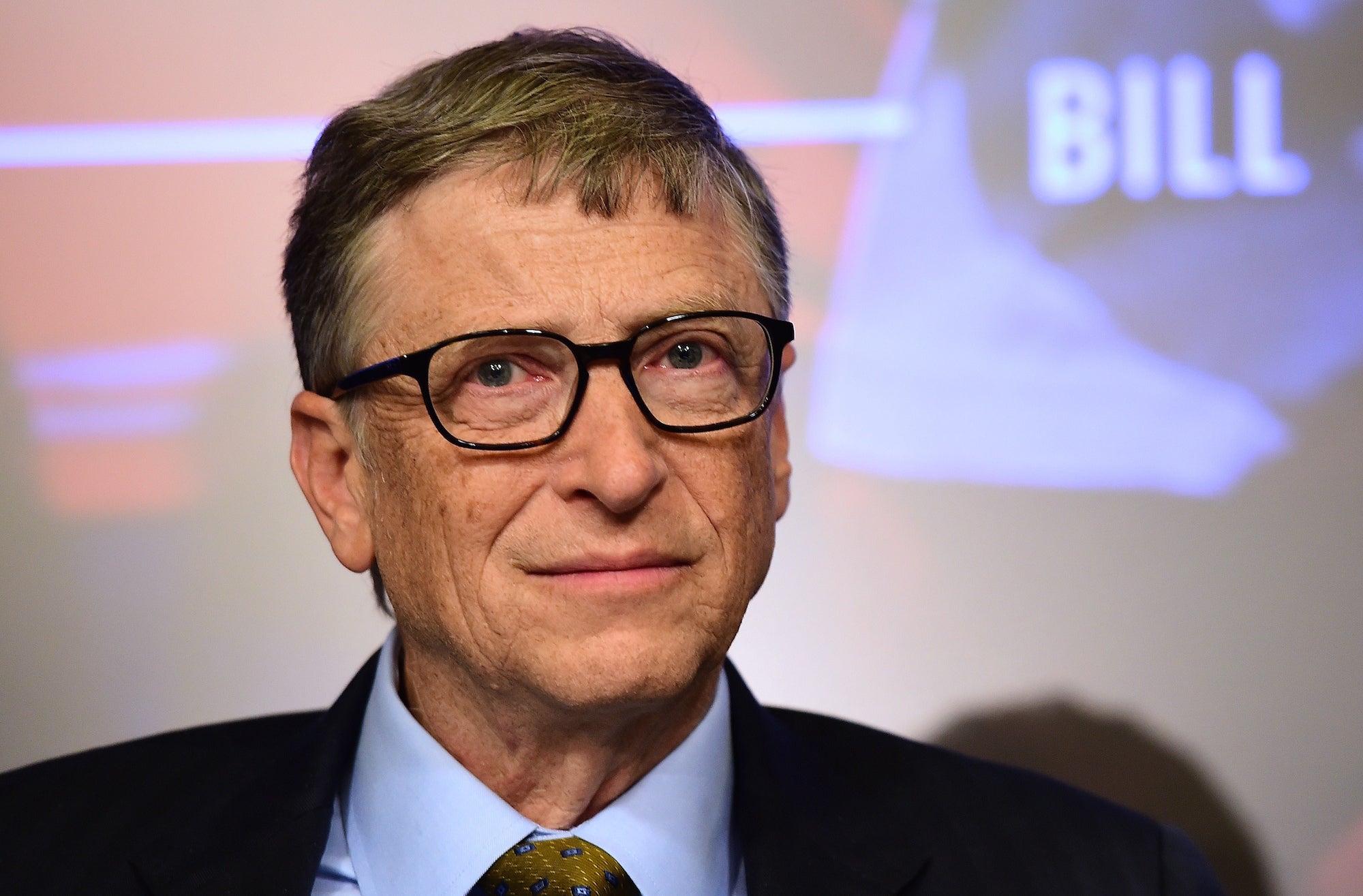The worst things Bill Gates ever said
Gates is a competitive guy. But in the end, Microsoft's reliance on proprietary technology ended up hamstringing the company in the long run

Bill Gates is widely known as a pretty smart guy.
But all of his many billions can't protect him from being wrong now and again. And he was very wrong about important stuff like Apple, the internet, and spam.
Here are the dumbest things Gates ever said and did — and why.
"The next generation of interesting software will be done on the Macintosh, not the IBM PC," said Bill Gates in a BusinessWeek article in 1984.
At the time, Gates and Apple cofounder Steve Jobs were on good terms. But once Microsoft released Windows for the IBM PC, the relationship fell apart.
Before Windows became a hit, though, Microsoft teamed up with IBM to create a new operating system called OS/2. "I believe OS/2 is destined to be the most important operating system, and possibly program, of all time," Gates said in 1987.
That didn't work out for IBM, either. Once Windows 3.0 became a smash hit in 1990, Microsoft didn't need IBM anymore and walked away from OS/2. IBM kept OS/2 going for decades, but it officially died in 2006.
"There are no significant bugs in our released software that any significant number of users want fixed," Gates said in Focus Magazine in 1995. He went on to say that nobody would ever buy software just to fix bugs.
It was true then and it was true today: There are always software bugs, and people always want them fixed. That goes double for products as popular as Windows and Office. The big change now is that, thanks to the internet, bug fixes get to people faster than ever.
"I see little commercial potential for the internet for the next 10 years," Gates allegedly said at one Comdex trade event in 1994, as quoted in the 2005 book "Kommunikation erstatter transport."
Indeed, in his 1995 book "The Road Ahead," Gates would make one of his most well-known blunders: He wrote that the internet was a novelty that would eventually make way to something much better. "Today's Internet is not the information highway I imagine, although you can think of it as the beginning of the highway," Gates wrote.
In the mere weeks between finishing the book and it getting to bookstores, Gates realized a little too late that the internet was taking off after all. He issued Microsoft's famous "The Internet Tidal Wave" memo and reoriented the company in that direction. In 1996, he released a revised edition of the book that included more on the internet.
"One thing we have got to change in our strategy - allowing Office documents to be rendered very well by other peoples browsers is one of the most destructive things we could do to the company. We have to stop putting any effort into this and make sure that Office documents very well depends on PROPRIETARY IE capabilities," Gates wrote in a memo to Microsoft in 1998.
Gates is a competitive guy. But in the end, Microsoft's reliance on proprietary technology ended up hamstringing the company in the long run. Current CEO Satya Nadella has gone a long way towards opening up the company's tech, to the delight of customers and developers.
And in 2004, Gates gave us this doozy in a BBC interview: "[E-mail] spam will be a thing of the past in two years' time."
12 years later, that, uh, didn't happen. Security company Symantec says that spam has hovered around half of all e-mail sent for the last decade.
And while we're here, Gates is often misquoted as saying "640 K [of computer memory] ought to be enough for anybody" in 1981. If it were true, it would make him look foolish in retrospect, given that computers now routinely sport many hundreds of gigabytes of memory.
"I've said some stupid things and some wrong things, but not that. No one involved in computers would ever say that a certain amount of memory is enough for all time," Gates said in a Bloomberg Business News interview in 1996.
Read more:
• Barack Obama says Britain is a 'free rider'
• These tweets nail the absurdity of many tech offices
• 4 reasons why the Irish economy killed it in 2015
Read the original article on Business Insider UK. © 2015. Follow Business Insider UK on Twitter.
Subscribe to Independent Premium to bookmark this article
Want to bookmark your favourite articles and stories to read or reference later? Start your Independent Premium subscription today.

Join our commenting forum
Join thought-provoking conversations, follow other Independent readers and see their replies